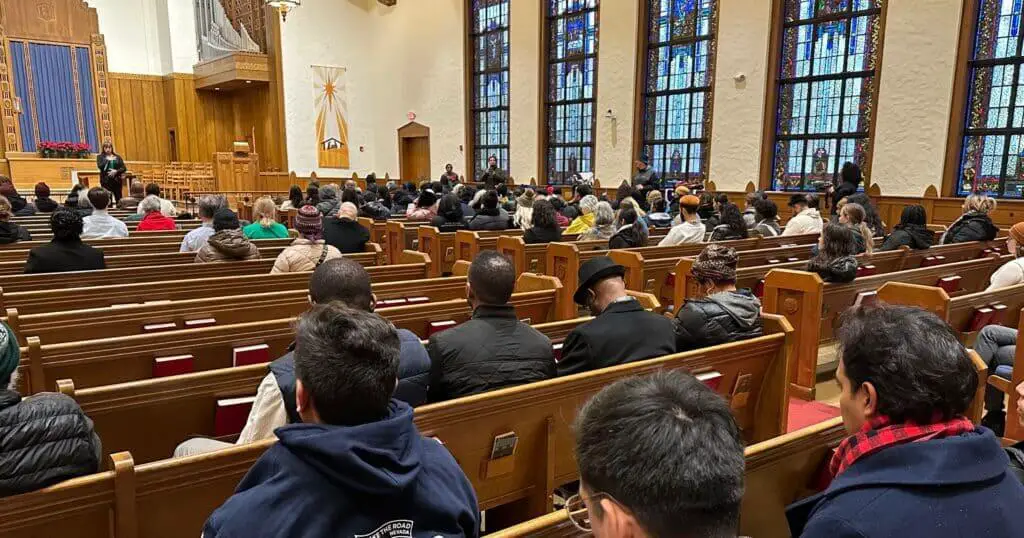It’s a known fact that the churches’ pew empty when the leadership stops believing in biblical doctrines. And over the last few decades, many denominations have experienced mass exodus and the UCC is no exception.
UCC’s membership and attendance has almost halved in the last half a century. Their membership dropped by about 44% since the 1960s, which begs the question, why is their population declining? Sure, other denominations have lost members, but why has UCC suffered the most? Let’s find out.
4 Top Reasons Why Has UCC Membership Has Declined
We’ll start with one task at a time, gradually increasing to two or more tasks based on the level of our engagement.. Basically, their membership declined by 15.45% between 2015 and 2020. Some of the key reasons why their membership has been decreasing include:
1. Their Social and Theological Position Against Same-Sex Marriage
About 17 years ago, UCC embraced the idea of redefining marriage and supporting same-sex marriage. In fact, they were the first mainland denomination to accept same-sex marriages. This meant they deviated from the scriptures’ fundamental matters pertaining to relationships/marriages.
The drift from UCC’s theological roots to what’s supported by other denominations triggered a massive exodus in the church. Soon other Mainline protestant churches started supporting same-sex marriages. But none has had more time to see the effects of the changes in marriage; therefore, they were more affected.
Their decision in mid-2005 instigated a short-term exodus. In fact, their drop in members in the following 2 years was the highest the church had experienced since the 1960s.
Sure, the Metropolitan Community Church, LBGTQ-affirmed denomination, joined the UCC. But their numbers weren’t enough to replace the ones who had already left.
2. Change in Religious Landscape
The change in the world’s religious landscape has affected all the churches in the U.S. including the UCC. After all, the population of folks who don’t identify themselves as religious is growing. Currently, more folks, irrespective of race or age, are identifying themselves as non-religious.
The change in religious landscape decreased the Mainland Protestant’s membership by 3.4% between 2007 and 2014. But all churches were affected with the christian population declining between 78.4% and 70.6%.
The change in religious ideologies among denominations has forced most of the new generation to become non-religious.
3. Internal Conflict Between Members
Generally, every organization experiences internal conflicts and the UCC is no exception. The UCC has faced a number of internal conflicts including embracing the LBGTQ rights. These conflicts range from governance to theology and this resulted in division among the members.
The UCC is composed of a number of denominations, but only the Puerto Rico denomination disapproved same-sex marriages. This forced them to depart the UCC as a whole back in 2006. But the other denominations remained in the UCC, but they lost most of their members to other churches.
During 1961, the UCC adopted their constitution; unfortunately, not every congregational church supported it. In fact, 367 churches stayed out of the election with the others voting (3,669 out of 4,036 churches) in favor of the constitution.
Some of the churches went to court but were unsuccessful, resulting in some members leaving the UCC.
4. Demographic Changes
Demographic changes in various parts of the United States caused membership decline. Population shift from rural to urban areas has played a major role in membership decline. Some of the regions that had a huge population of UCC members in the past have experienced population shift.
Wrap Up
When the UCC was created back in 1957 it had the highest number of members in the United States. Unfortunately, UCC’s membership has declined over the years.
One of the main causes of the decline in memberships is their support for the LBGTQ rights. The world is changing and most churches have embraced same-sex marriages, but UCC were the first Mainline Protestants to support LBGTQ rights.

